 |
 |
||
 |
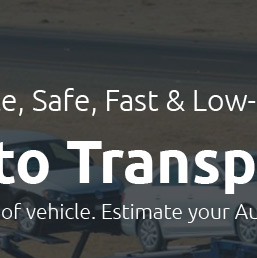 |
 |
|---|---|---|
 |
 |
 |
 |
 |
 |
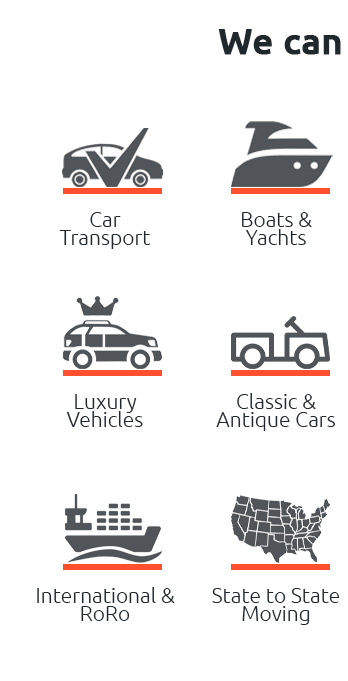 |
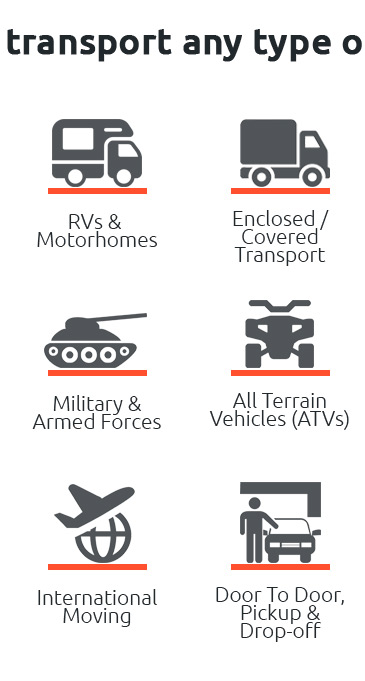 |
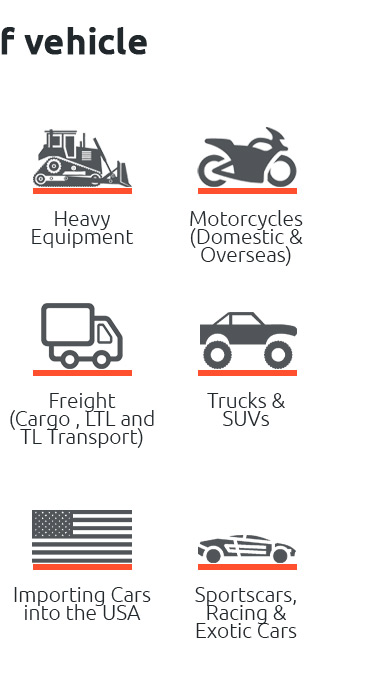 |
|---|
 |
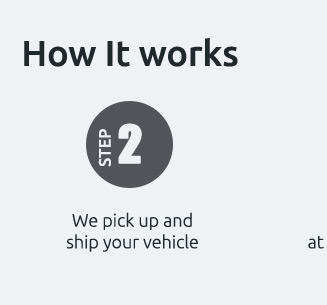 |
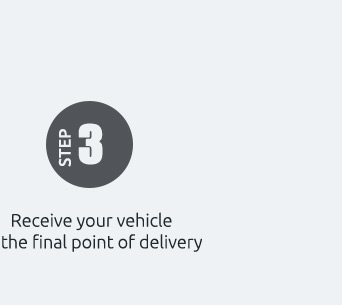 |
|---|---|---|
 |
 |
|
 |
 |
|---|---|
 |
Understanding US Military Transport: Vehicles, Strategies, and LogisticsThe United States military relies on an extensive transport system to ensure that troops, equipment, and supplies are delivered efficiently and effectively. This article explores the key components of US military transport, highlighting various vehicles, logistical strategies, and common pitfalls to avoid. Types of Military Transport VehiclesMilitary transport vehicles are essential for moving personnel and materials. These vehicles are designed to operate in diverse environments and handle various loads. Ground VehiclesGround transport is crucial for short-distance and tactical operations. The US military uses a variety of ground vehicles, including:
Air TransportAir transport offers rapid deployment capabilities, crucial for emergency situations and long-distance operations.
Logistical Strategies in Military TransportEffective logistics are vital for successful military operations. The US military employs strategic planning to optimize transportation and supply chains. Planning and CoordinationCoordination between various military branches ensures seamless operations. Military logisticians must consider factors such as terrain, weather, and enemy threats. Technology and InnovationModern technologies enhance efficiency in military transport. Innovations such as GPS and real-time data tracking allow for better route planning and resource management. For those interested in logistics on a civilian level, checking out the best freight moving companies might provide useful insights. Common Mistakes in Military TransportDespite the sophistication of US military transport systems, certain mistakes can impact operations. Understanding these common issues can aid in avoiding them. Overloading VehiclesOne major mistake is overloading transport vehicles, which can lead to breakdowns and delays. Proper load assessment is crucial. Inadequate MaintenanceRegular maintenance of vehicles and equipment is essential to prevent failures during critical missions. Ignoring Terrain ChallengesFailing to account for terrain can result in logistical bottlenecks. Thorough route planning is necessary to mitigate these risks. Similarly, when moving delicate items, like a pool table, hiring professionals such as pool table movers miami ensures that all challenges are properly managed. FAQ
https://www.af.mil/About-Us/Fact-Sheets/Display/Article/104492/c-5m-super-galaxy/
The C-5M Super Galaxy is a strategic transport aircraft and is the largest aircraft in the Air Force inventory. Its primary mission is to transport cargo and ... https://www.military.com/equipment/transport-aircraft
Visit our Customer Support center for solutions or to contact us. Customer Support. 2025 Military Advantage. A Monster Company. AdChoices AdChoices icon. https://en.wikipedia.org/wiki/Military_transport_aircraft
A military transport aircraft, military cargo aircraft or airlifter is a military-owned transport aircraft used to support military operations by airlifting ...
|
|---|